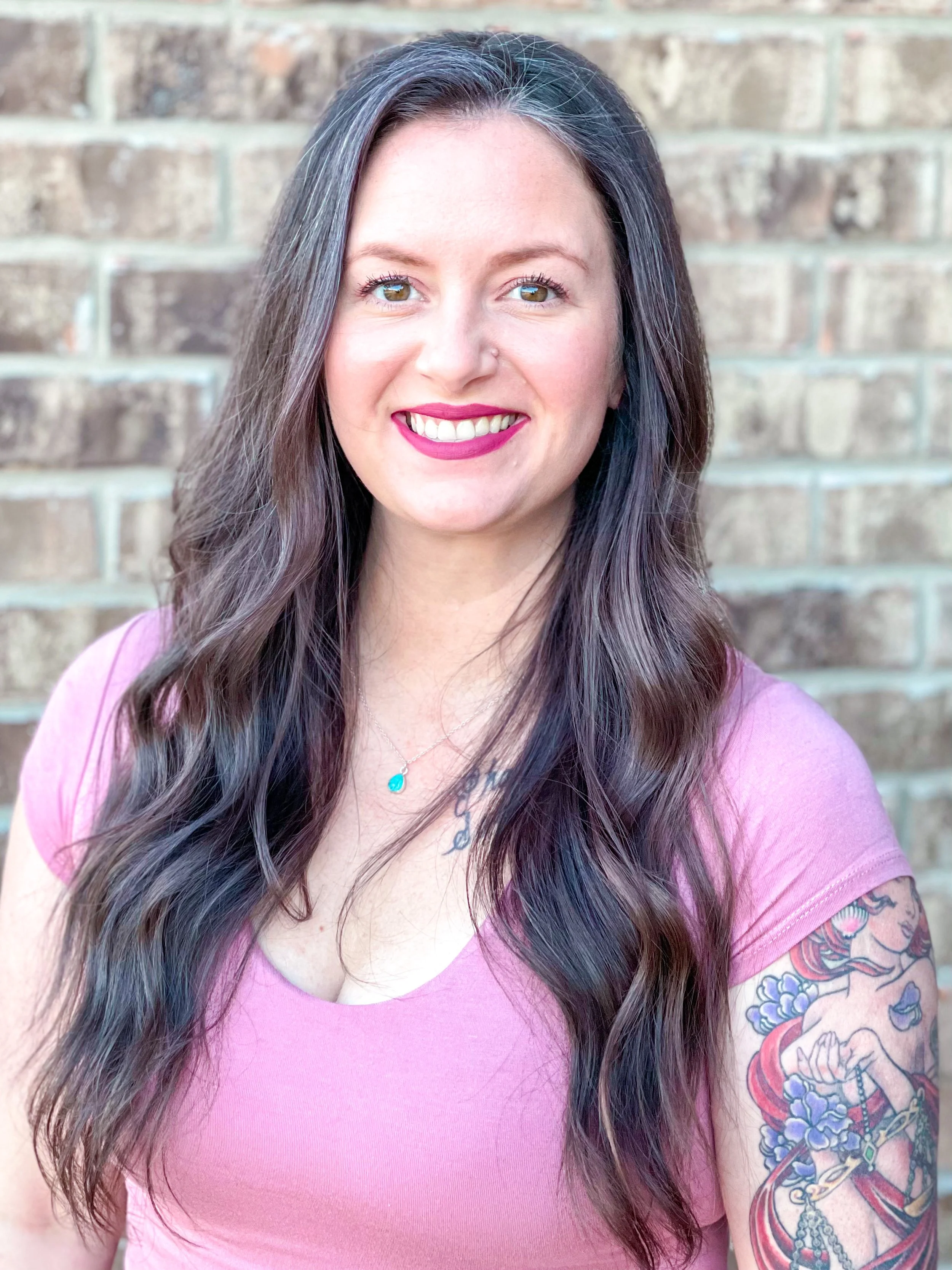It’s True: You Can Struggle With Mental Health and Be a Badass
I was mourning the loss of my masked self – the strong one who performed at such high levels, was super organized, never dropped any balls.
Mental health comes in many forms and manifests in many ways. It is not a reflection of talents and skills – including the ability to lead. It does not make one less worthy, less desirable, or less capable. Two (or more) things can be true at once – you can struggle with mental health and still be a badass at work.
There is a beautiful tapestry we can collectively weave by continuing to break down the barriers and eliminate the stigma around mental health. Our industries will emerge more vibrant and successful. Diversity of thought is a powerful thing and incorporating accessibility, education, and compassion into the workplace will help tap that power.
In late 2019, my house of cards came down. My coping mechanisms were no longer working and I was starting to experience new and worrisome symptoms, like memory issues, panic attacks, inability to concentrate and struggling with simple tasks. At first I chalked it up to burnout from working so much and being an absolute perfectionist at work.
I confided in my partner and sister that I needed to take time off work. When the work-from-home mandates came out and my son had to do remote schooling, I took a step back and left the career that I loved at the time. I spent over a year freelancing — and researching mental health. I didn’t seek professional help, though, until almost two years after returning to work.
I went to my new general practitioner with a list of my most pressing concerns. She instantly validated me, referred me to a psychiatrist and started me on a low-dosage of Wellbutrin to help with my depression in the meantime. My referral included assessments for major depressive disorder, anxiety, and ADHD.
The most difficult part has been addressing the emotional damage from previous traumas. Additionally, I was mourning the loss of my masked self – the strong one who performed at such high levels, was super organized, never dropped any balls.
Realizing that I could no longer operate at the same level anymore in the same way was jarring. Coming to terms with a new method of moving through the world that honored my well-being and moving away from perfectionism was hard.
Our society values hustle-culture, so unlearning that through this journey was a big challenge. Another difficult part is realizing my struggles were exacerbated by bad managers and some shitty people in my professional sphere who I didn’t have the courage to call-in (or call-out). I stand taller today and proud of myself for cultivating that courage more now than ever. I think this inspired me to share my personal journey and to advocate for mental health reform in the workplace more openly and publicly (e.g., on LinkedIn).
While we have become more open about mental health, it’s still widely misunderstood. On one hand I can be praised for sharing my journey and on the other hand it could have real consequences to my professional growth if I’m not careful.
Even I still have to challenge my own perceptions and misperceptions about mental health. Just because you deal with it yourself does not make you an expert or automatically grant you endless empathy. It’s an ongoing, learned practice of seeking to understand with compassion and extending grace. You can only operate from a position of what you know combined with your personal level of empathy.
I’m passionate about changing the definition of professionalism, especially the part that says talking about mental health will lower people’s perception of your professionalism.Gone are the days of “keep your personal life and work life separate.” I can’t leave that part of me at the door when I come to work.
I’m also passionate about diversity, equity, inclusion, and belonging. At the intersection of that work is mental health and accessibility/accommodations. If I can humanize mental health via my experiences and change hearts and minds so that others are treated more equitably and compassionately then I will push through the discomfort of publicizing my journey.
Most importantly, though, if just one person feels less alone, more seen, validated, understood, or less ashamed because I’ve spoken out, then that makes everything worth it.
About the Author: Daryl Anne Estill is a project manager at TDIndustries, where she leads plumbing and mechanical projects in the multi-family market, including design-build. Read more of her work here.


